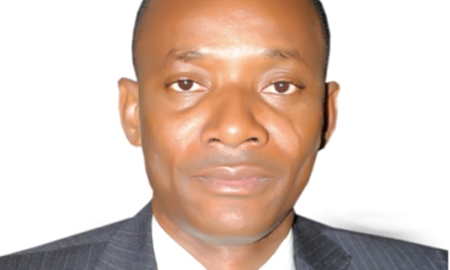
Responsibility for ensuring that electricity prices are fair and reasonable rests with the Nigerian Electricity Regulatory Commission (NERC), the industry’s independent watchdog.
Established in 2005, NERC is responsible for monitoring and regulation, issuing licences to market participants, and ensuring compliance with market rules and operating guidelines. Its ultimate goal is to improve power supply and service delivery.
According to Dr Sam Amadi, its chairman, NERC aims to provide the best possible regulatory framework during the ongoing privatisation of the power industry, looking out for the interests of both consumers and investors. “NERC’s commitment is to regulate the industry in a manner that guarantees sustainable expansion of capacity and improvement of customer service,” he says.
The commission is required to “ensure prices charged by licensees are fair to consumers as well as sufficient to allow the licensees to finance their activities and to allow for reasonable earnings for efficient operation”.
The mechanism used to achieve this is a multi-year tariff order (MYTO), setting wholesale, transmission and retail electricity prices over an extended period, while allowing for limited annual adjustments according to cost inflation. Part of a 15-year tariff plan, the idea is to eliminate uncertainty for both consumers and the industry.
The first MYTO, introduced in 2008, was succeeded in June this year by MYTO2, to run from 2012-2017 with bi-annual reviews. This takes into account changes in gas prices and exchange rates during the past five years, and is expected to boost investment in the sector.
Amadi says MYTO2 is part of a strategic regulatory initiative to increase generation capacity, improve the network, and enhance the quality of service in the industry, and there is a strong emphasis on the new system being “cost reflective” to encourage investors. The absence of a cost-reflective tariff is seen as a key reason for the power sector’s failure to serve Nigerians over the past three decades.
“We argued that with the state of disrepair in the industry the financial viability of the industry was critical to encourage investment in the electricity supply value-chain,” says Dr Amadi. “This financial viability required a tariff that reflects the actual costs of generating, transmitting and distributing electricity.”
At the same time, he also stresses NERC’s determination to ensure that the new tariff does not become a windfall for the distribution companies while inefficiency continues in the system, and warns that, under the new tariff, it will allow no electricity consumer to be exploited.
“We understand that the grave crisis of the sector is caused by the absence of good corporate practices and ineffective regulation for many decades,” he says, adding, “A visible improvement in service delivery is a clear and pressing need.”
0 COMMENTS